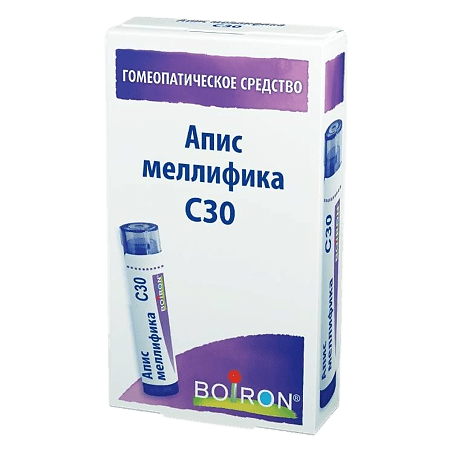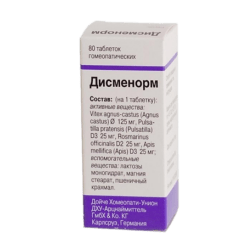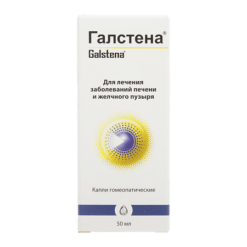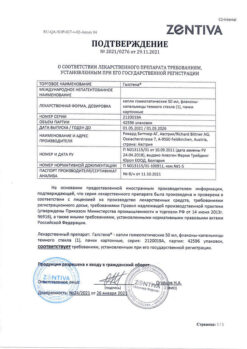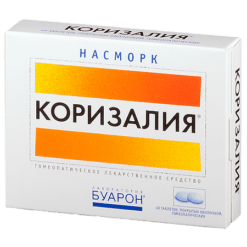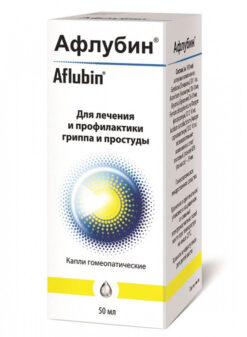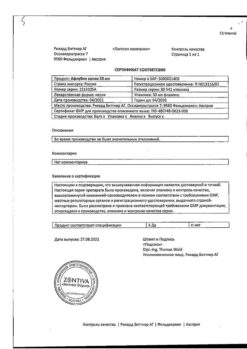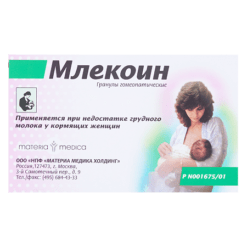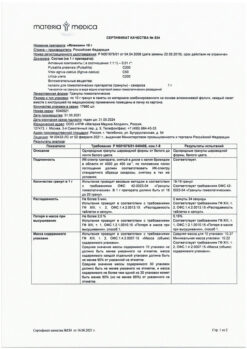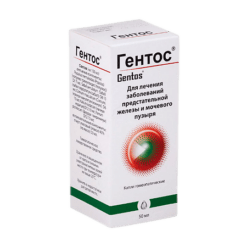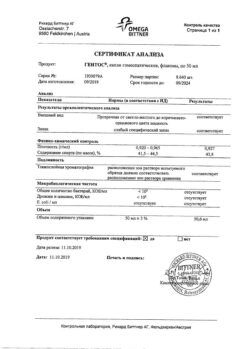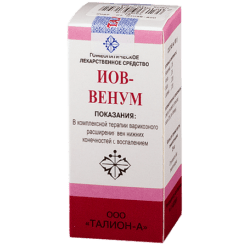No products in the cart.
Apis mellifica C30.4 g
€1.00
Out of stock
(E-mail when Stock is available)
Description
Pharmacological group:
Homeopathic monocomponent drug of animal origin
Pharmacological properties:
Apis mellifica is a honeybee from the Hymenoptera (Hymenoptera) of the family of bees (Apidae).
Chemical composition: dopamine, adrenaline and noradrenaline; carotene; potassium in large quantities.
Bee venom contains: enzymes – phospholipase A2, hyaluronidase; peptides – melitin, apamin, MCD-peptide. –
free amino acids – alanine, arginine, cystine; acetylcholine; lipids; monosaccharides (monoses) – glucose, fructose; isoamyl acetate (volatile substance).
The composition of the drug demonstrates the possibility of early and rapid action of the drug in inflammatory reactions. In addition, phospholipase A2 and melitin have immunogenic action.
The action of Apis mellifera is fast but short-lived. All dilutions are active, but it is preferable not to use Apis mellifica in dilutions below C9 due to the presence of phospholipase A2 and melitin in the parent tincture, which have strong immunogenic action.
Indications
Indications
Key symptoms for prescribing the drug: pain syndrome; edema; burning.
The basis for prescribing the drug Apis mellifica can be all swelling of an allergic or inflammatory nature:
-local in nature (insect bites, first degree burns, palpebral edema, edema of the female external genitalia, post-traumatic edema, inflammation of the foreskin, boil in the initial stage, phlebitis of the superficial veins and periphlebitis after an etiological conclusion excluding thrombophlebitis or phlebothrombosis);
-general (solar erythema, polymorphic photodermatosis, urticaria, erythema multiforme, angioedema);
urticaria:
· allergic origin (plants, foods, drugs); · caused by food intolerance or drug toxicity; · cholinergic urticaria, often of unknown origin;
· urticaria of physical origin – prurigo, caused or aggravated by contact with water; · contact urticaria (plants, cosmetics, occupational allergic diseases).
Etiological investigation of severe acute urticaria and chronic urticaria is necessary to ensure elimination of the allergen and to avoid the occurrence of serious anaphylactic manifestations requiring appropriate treatment.
Otorhinolaryngology edematous rhinosinusitis;
pharyngitis and tonsillitis of non-streptococcal origin with swelling of the uvula of the soft palate. Relieving sore throat from cold water.
Ophthalmology conjunctivitis, chemosis.
Rheumatology post-traumatic hydrarthrosis and acute inflammatory arthritis with pink-red edema.
Infectology of pleurisy and pericarditis of viral origin, sometimes in combination with allopathic therapy; Usually with fever there is a lack of thirst.
Urology interstitial cystitis with decreased urine output, increased protein content in the urine, swelling without thirst, anasarca.
Gynecology pain associated with the appearance of milk;
pain associated with ovarian cysts;
inflammation of the ovaries (especially the right one).
Neurology headaches or vasomotor migraine.
Apis mellifica is prescribed when there is obvious improvement in the treatment of pain with cold compresses; in physiopathological terms, the prescription is justified by the presence of inflammation with an edematous component, which accompanies vasomotor disorders.
Pharmacological effect
Pharmacological effect
Pharmacological group:
Homeopathic monocomponent preparation of animal origin
Pharmacological properties:
Apis mellifica is a honey bee from the order Hymenoptera of the true bee family (Apidae).
Chemical composition: dopamine, adrenaline and norepinephrine; carotene; potassium in large quantities.
Bee venom contains: enzymes – phospholipase A2, hyaluronidase; peptides – melitin, apamin, MCD-peptide (English – Mast Cell Degranulating peptide); histamine, dopamine, norepinephrine and serotonin;
free amino acids – alanine, arginine, cystine; acetylcholine; lipids; monosaccharides (monoses) – glucose, fructose; isoamyl acetate (volatile substance).
The composition of the drug indicates the possibility of early and rapid action of the drug in inflammatory reactions. In addition, phospholipase A2 and melitin have an immunogenic effect.
The action of Apis mellifica is rapid but short-term. All dilutions are active, but it is preferable not to use Apis mellifica in dilutions below C9 due to the presence of phospholipase A2 and melitin in the mother tincture, which have a strong immunogenic effect.
Special instructions
Special instructions
The dosage regimen and frequency of administration are determined by the doctor.
If there is no therapeutic effect within 3 days, or if adverse reactions occur, you should consult a doctor.
Composition
Composition
Active substance:
Apis Mellifica C30
Excipients:
sucrose, lactose.
Contraindications
Contraindications
Individual sensitivity to the drug;
lactose intolerance.
Overdose
Overdose
To date, no cases of overdose have been reported.
Storage conditions
Storage conditions
The drug should be stored in a place protected from light and moisture, at a temperature of 15-25°C. Keep away from children.
Manufacturer
Manufacturer
Boiron, France
Additional information
| Conditions of storage | Store the drug in a place protected from light and moisture at 15-25°C. Keep away from children. |
|---|---|
| Manufacturer | Boiron Laboratory, France |
| Medication form | homeopathic granules |
| Brand | Boiron Laboratory |
Related products
Buy Apis mellifica C30.4 g with delivery to USA, UK, Europe and over 120 other countries.

